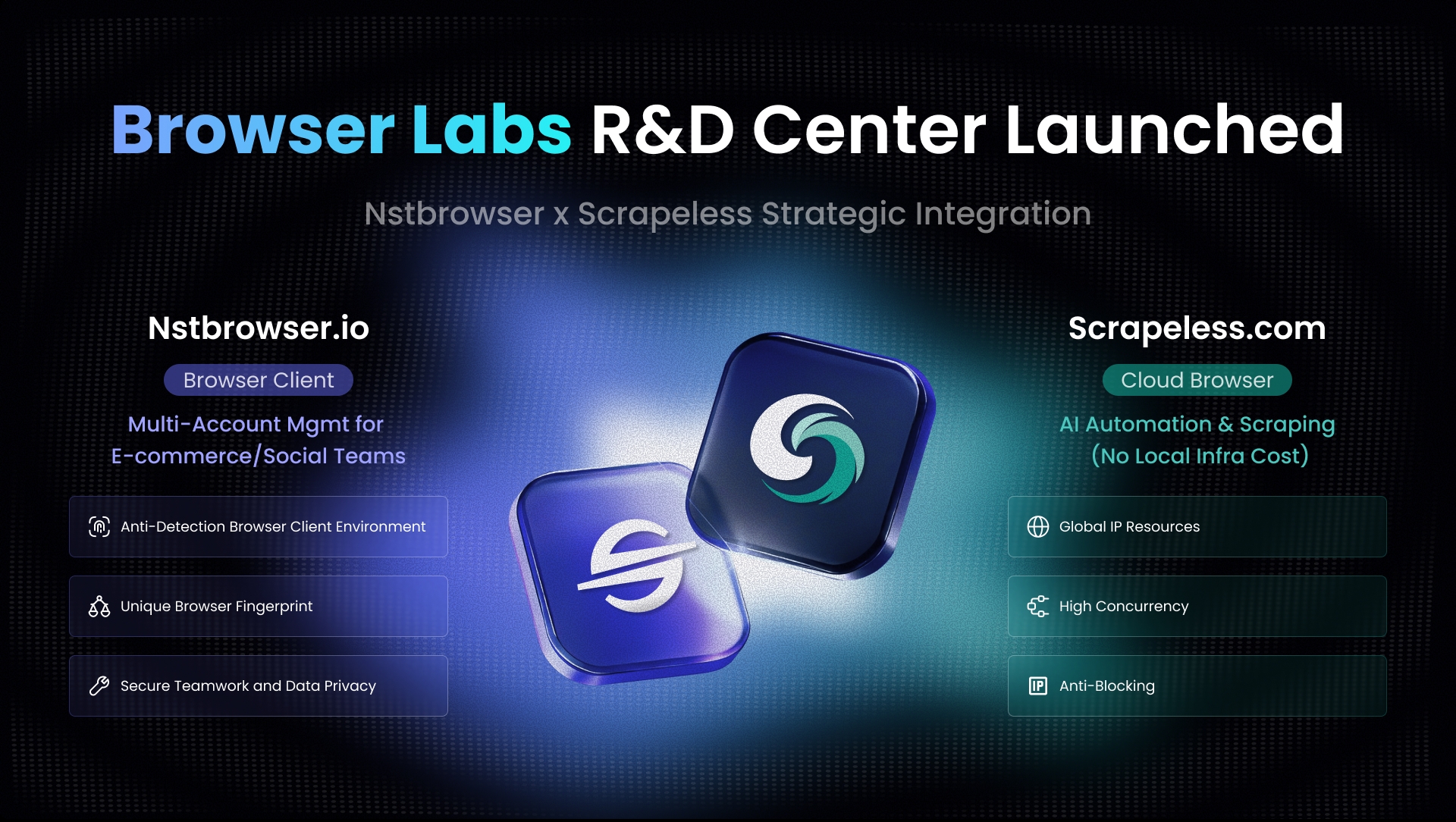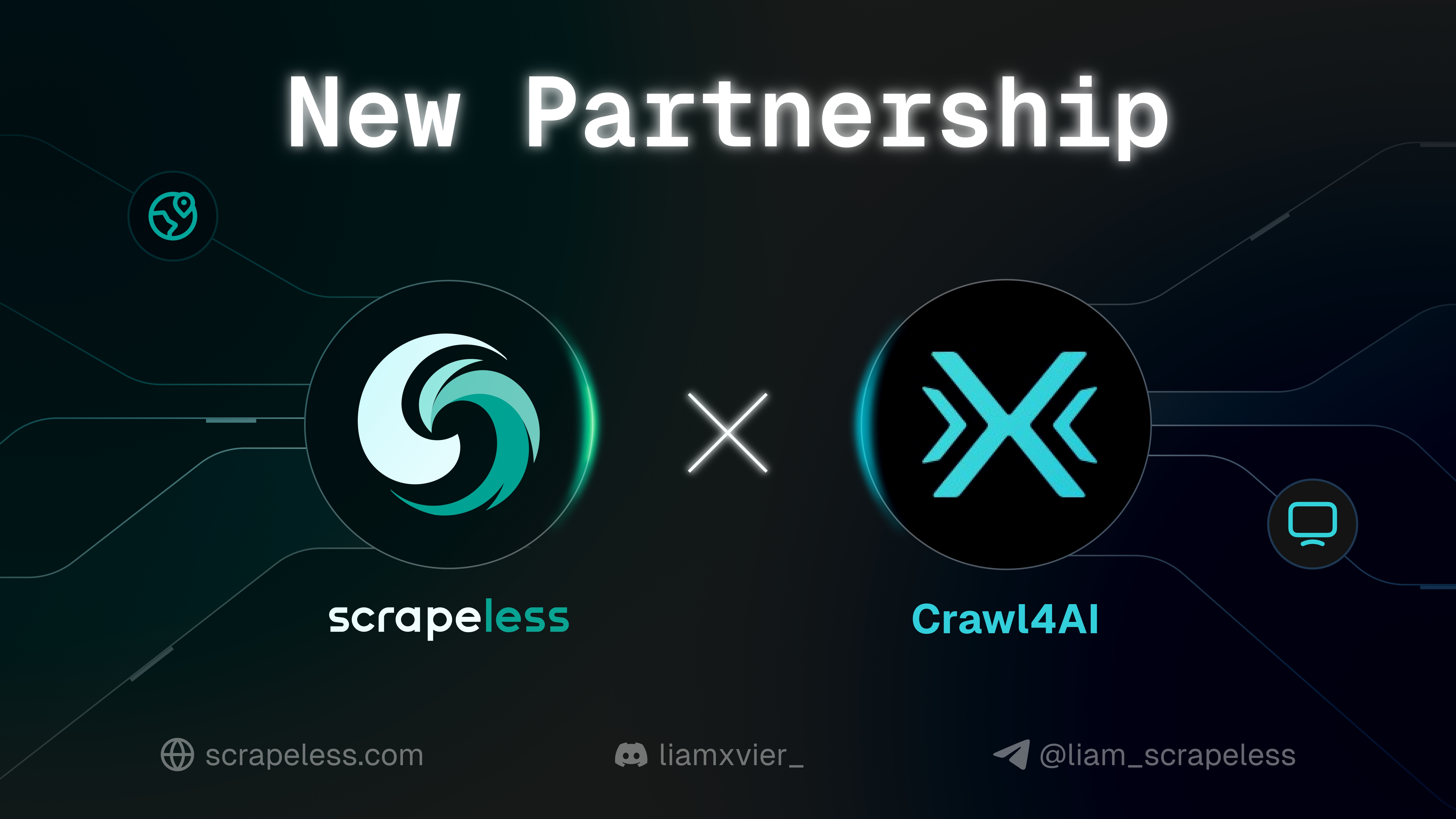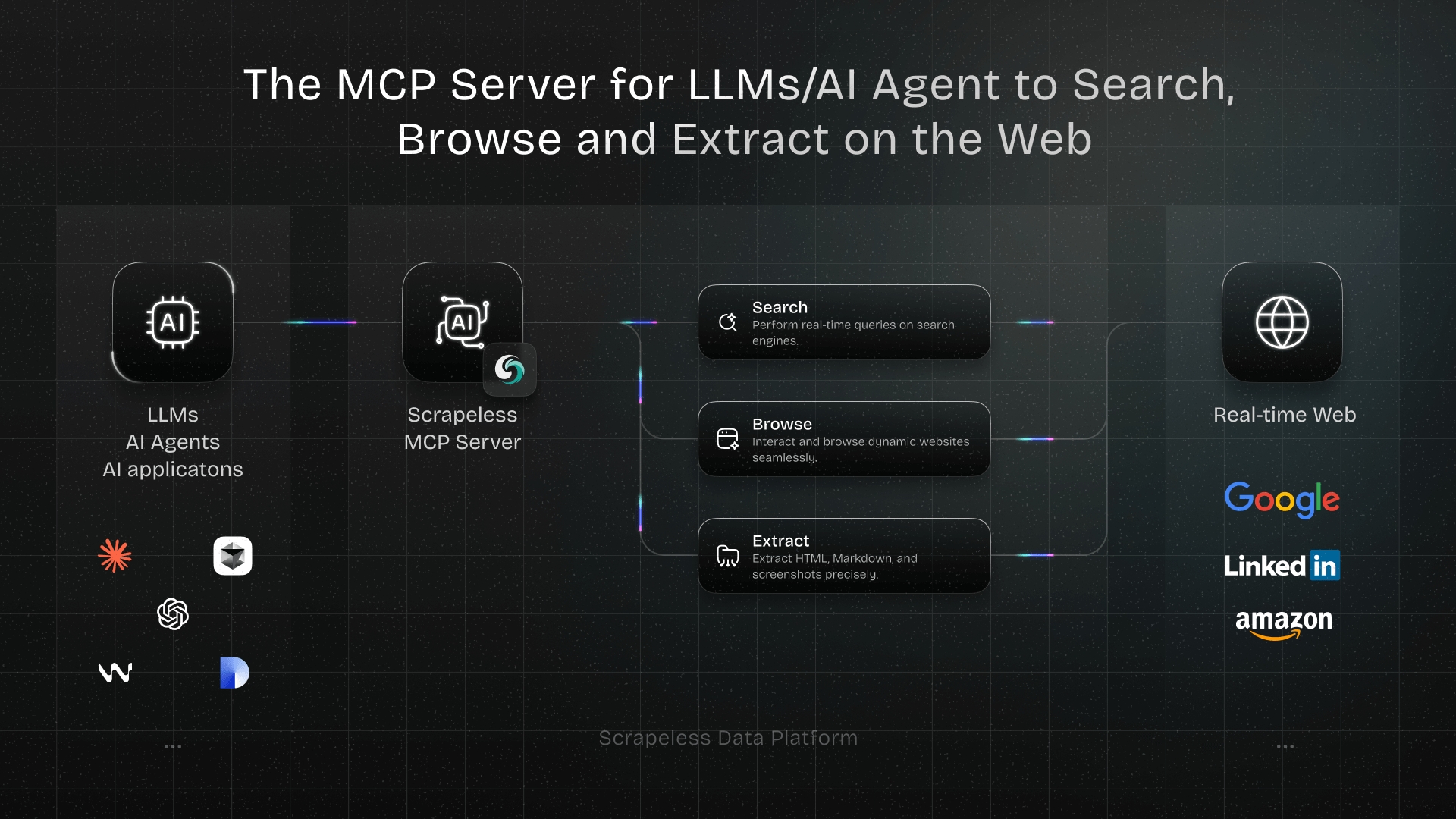Comprehensive Guide to Residential Proxies: Benefits, Features, and How to Choose the Best Service
Advanced Data Extraction Specialist
Introduction to Residential Proxies
Residential proxies act as intermediaries that route your internet requests through IP addresses assigned to actual residential devices by Internet Service Providers (ISPs).
Unlike:
- Datacenter proxies (IP addresses from server farms)
- Mobile proxies (IPs tied to cellular networks)
Residential proxies use real consumer devices, making them appear like genuine users. This positioning grants higher reliability in avoiding blocks and CAPTCHAs.
Why They Matter
Residential proxies are essential for:
- Web data scraping at scale
- Bypassing geo-restrictions
- Ad verification and competitive research
- Enhanced anonymity in data collection
How Residential Proxies Work
Technically, residential proxies rely on networks of consumer devices. Here’s how:
- Sourcing IPs: Users voluntarily share IP addresses through apps or software in exchange for compensation.
- Proxy Pools: Providers build large pools of millions of IPs worldwide.
- Rotation:
- Sticky sessions → Keep one IP for session consistency.
- Rotating proxies → Switch IPs frequently for anonymity.
- Protocols: Commonly support HTTP/HTTPS (web traffic) and SOCKS5 (general traffic).
- Compliance: Ethical providers ensure consent and comply with privacy laws like GDPR and CCPA.
This framework ensures safe, reliable, and lawful proxy operations.
Benefits of Using Residential Proxies
Residential proxies deliver several unique advantages:
- Access Geo-Restricted Content: Choose IPs from specific countries or cities to bypass location restrictions.
- Avoid IP Bans & CAPTCHAs: Appear as legitimate users, reducing blocks during scraping or automation.
- Enhanced Anonymity & Security: Mask your real IP while maintaining organic-looking traffic.
- Scalability: Large IP pools support high-volume tasks without bottlenecks.
- Higher Success Rates: Fewer failures compared to datacenter proxies, enabling smoother workflows.
Key Features of Top Residential Proxy Providers
When evaluating providers, look for:
- Massive IP Pools: Millions of residential IPs across 195+ countries with city-level targeting.
- Performance: Low latency (~0.7s) and unlimited concurrent sessions.
- Session Management: Flexible options for sticky vs. rotating proxies.
- Developer Integrations: APIs with code snippets for Python, Java, C#, Node.js, and Shell.
- Reliability: 99.99% uptime guarantees with 24/7 support.
- Transparent Pricing: Flexible pay-as-you-go or enterprise plans, often with free trials.
Typical Use Cases of Residential Proxies
Residential proxies are versatile across industries. Examples include:
- Web Scraping & Data Collection – Market research, product pricing, sentiment analysis.
- Ad Verification – Ensure correct display across regions.
- Price Monitoring – Track competitors’ local pricing.
- SEO Rank Tracking – View search results from different locations.
- Social Media Management – Safely run multiple accounts.
- Security Testing – Simulate diverse user environments.
- Privacy Protection – Browse anonymously without exposing IPs.
How to Choose the Best Residential Proxy Service
Consider these factors when choosing a provider:
- IP Pool Size & Coverage – Ensure broad global access.
- Performance & Speed – Low latency, high concurrency.
- Ethical Sourcing & Compliance – Verify user consent and regulatory adherence.
- Pricing Models – Match plans (pay-as-you-go vs. subscription) to your needs.
- Trial & Onboarding – Look for free trials and simple setup.
- Integration & Support – APIs, dashboards, and responsive help.
- Reputation – Reviews, testimonials, and client portfolios.
Pro Tip: Start with a provider that offers transparent policies and trial periods to test fit before scaling up.
Setting Up and Using Residential Proxies
Modern providers simplify proxy setup:
- Register an Account
- Select Proxy Locations & Session Types
- Configure via Dashboard or API
- Use Code Snippets (Python, Java, C#, Node.js, Shell) for automation
- Monitor Usage & Costs via dashboards
Best Practices
- Rotate IPs regularly to avoid detection.
- Respect site usage policies.
- Track bandwidth for budget control.
Common FAQs About Residential Proxies
Are residential proxies legal?
Yes—when used ethically and within legal frameworks.
What protocols are supported?
Typically HTTP/HTTPS and SOCKS5.
How is bandwidth calculated?
By total data sent/received (requests + responses).
How are IPs sourced?
Through user-consenting apps and compensation.
Are there restrictions?
Some providers enforce usage thresholds for fairness.
Conclusion
Residential proxies are a must-have tool for businesses needing scalable, secure, and geo-flexible web access. Their ability to mimic legitimate traffic makes them superior to traditional datacenter solutions.
Choosing a provider with:
- Ethical IP sourcing
- Global coverage
- Transparent pricing
- Developer-friendly integrations
👉 Ready to upgrade your web data strategy? Start your free trial with a trusted residential proxy provider today or contact sales for a tailored solution that fits your needs.
At Scrapeless, we only access publicly available data while strictly complying with applicable laws, regulations, and website privacy policies. The content in this blog is for demonstration purposes only and does not involve any illegal or infringing activities. We make no guarantees and disclaim all liability for the use of information from this blog or third-party links. Before engaging in any scraping activities, consult your legal advisor and review the target website's terms of service or obtain the necessary permissions.



